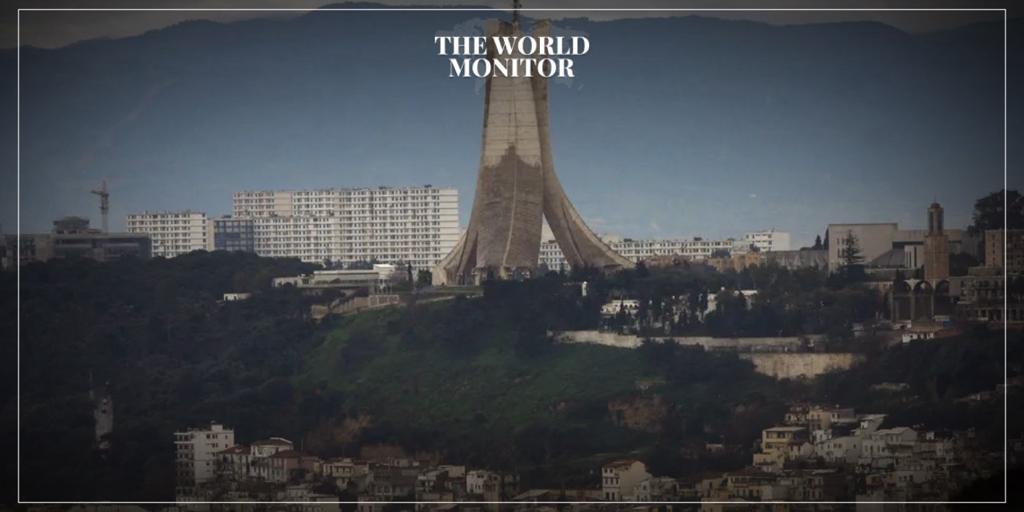Algeria has for the year 2024, amounting to $113 billion in public expenditure. The budget, signed by Algerian President Abdelmadjid Tebboune at the Presidential Palace, marks a significant increase in government spending and comes with an expected deficit of $45 billion.
In a notable move to boost its economy, Algeria, under President Abdelmadjid Tebboune, has sanctioned its largest-ever budget.
The 2024 budget, totaling $113 billion, is aimed at increasing public investment, easing taxes on start-ups, raising wages, and continuing support for citizens.
The budget anticipates revenues of $67.7 billion in 2024, with a projected average increase of about 4.2% annually between 2025 and 2026.
This growth is expected to be driven by strong performance across various sectors, including services, agriculture, construction, public works, and industry.
Despite the overall increase in budget, petroleum revenues are expected to drop by 8.9% in 2024 compared to 2023, highlighting the need for economic diversification.
The budget law for 2024 anticipates a gradual rebound in the hydrocarbons sector, particularly in natural gas exports.
The budget has been prepared based on a reference oil price of $60 per barrel for the period 2024-2026, with an estimated market price of $70 per barrel for crude oil.
This cautious approach reflects the volatility in global oil prices and the importance of oil revenue for the Algerian economy.
The Algerian budget’s growth expectations for 2024 align with the International Monetary Fund’s (IMF) projections, which also foresee a 4.2% growth in the Algerian economy.
This growth is supported by robust activities in the oil, gas, industrial, construction, and service sectors.






